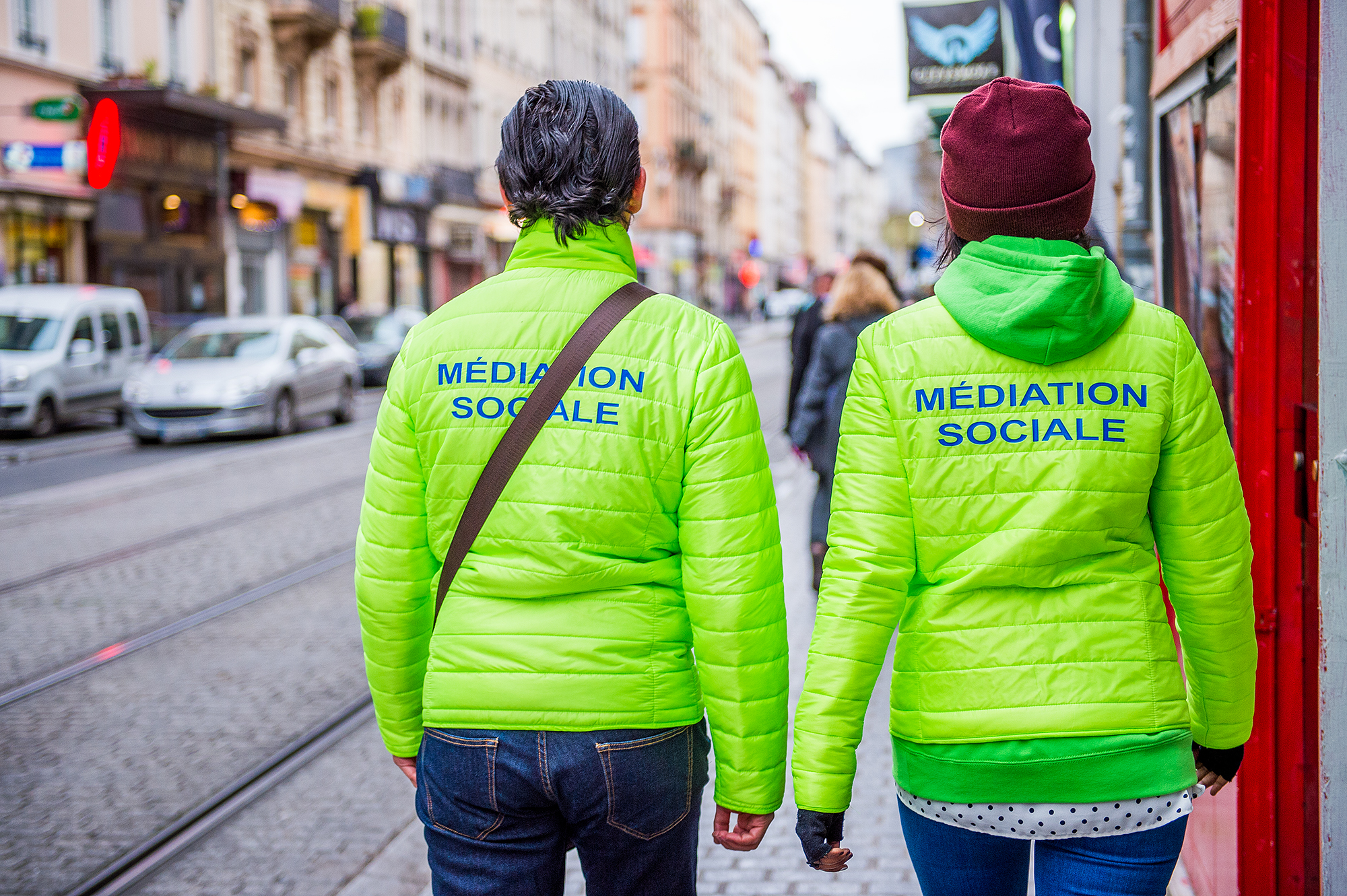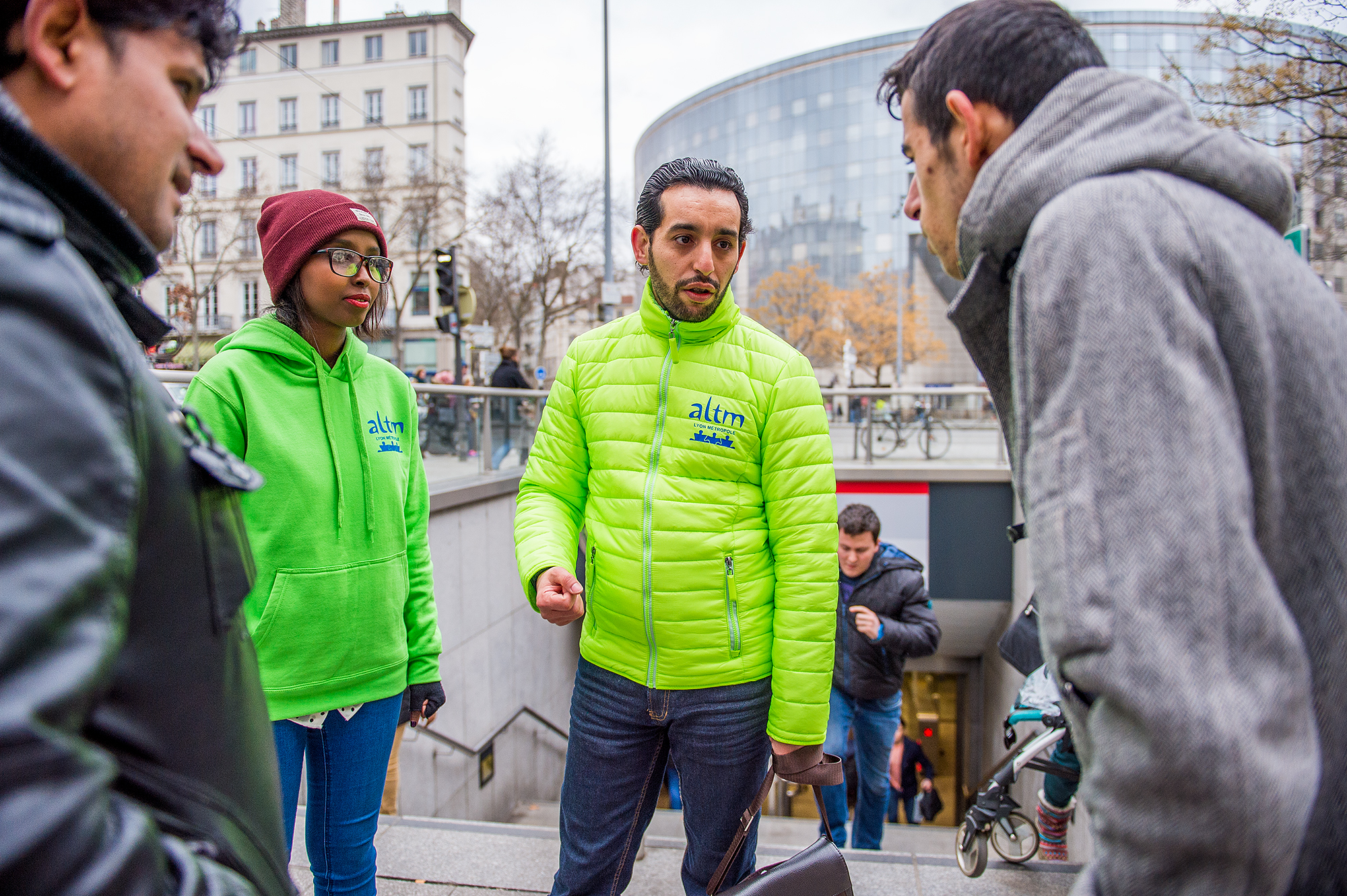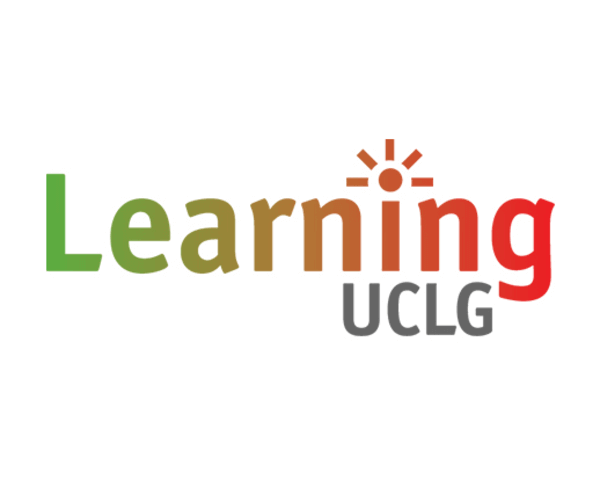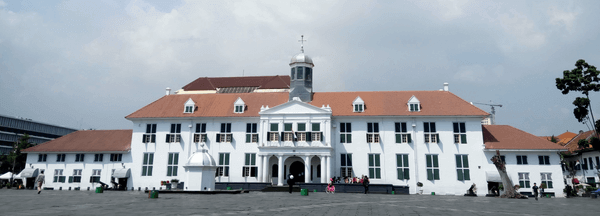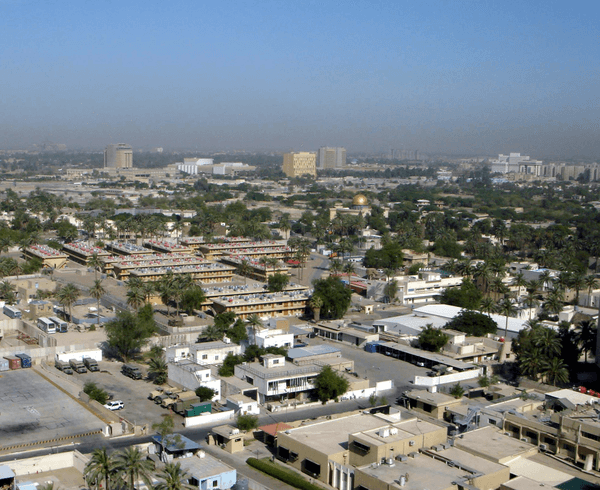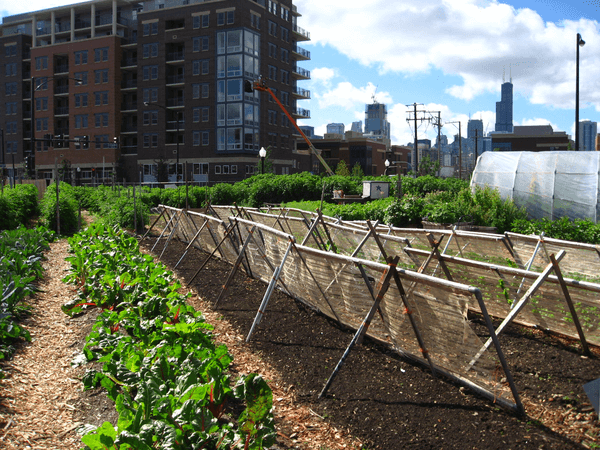City
Grand Lyon
Main actors
City Government, Regional Government, Private Sector, Public Utility, other
Project area
Neighborhood or district
Duration
Ongoing since 2015
The City of Lyon has instituted action to secure the public space at Gabriel Peri Square using uniformed mediators to facilitate long-term social cohesion.
Public spaces are places for meeting and co-existence for individuals and groups. Most often city administrations have the responsibility to ensure conciliatory use of these spaces, which belong to the community. Gabriel Péri Square is a public space where intervention by the Lyon city council has been required to ensure a secure and peaceful environment for all citizens. The area where the square is situated is known as a landing place for new arrivals to the city, where shelters for homeless people and asylum seekers are located. It is also the location for a daily informal market run by migrants living in the neighbourhood.
Previous interventions by Lyon council included the removal of furniture for seating or shelter, the installation of surveillance cameras and police operations seizing goods, issuing fines and making arrests did not produce satisfactory results. Subsequently the council decided to adopt a more integrated approach and the security and prevention department initiated a pilot project to place uniformed social mediators in the Square for prevention, mediation and assistance to persons in difficulties. The project aims to ensure the security of the space so that no person or group feels excluded or threatened.
This case study was contributed from the UCLG Learning Team.
Peer-learning note #20 on Social cohesion and intercultural and inter-religious dialogue
On Map
The Map will be displayed after accepting cookie policy
